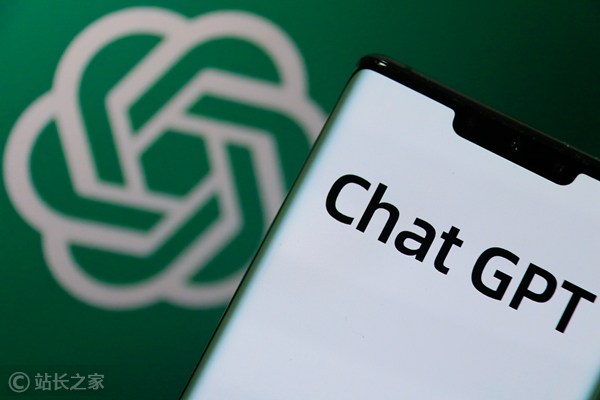A new study from MIT shows that using the AI chatbot ChatGPT to conduct short conversations can effectively reduce people’s belief in conspiracy theories. Researchers recruited more than 2,000 participants who believed in conspiracy theories. Through personalized conversations, ChatGPT successfully refuted their arguments, reducing participants' belief in conspiracy theories by about 20% on average, and more than a quarter of participants participated. Those who abandoned their previous beliefs completely. This research provides new ideas for using AI technology to combat false information, and also triggers people’s in-depth thinking on the impact of AI on information dissemination and society.
Recently, a new study shows that just having a conversation with a chatbot for less than 10 minutes can effectively reduce people’s belief in some deeply believed conspiracy theories, such as rumors about the COVID-19 epidemic.

This study was led by a team at MIT. The researchers specially designed an efficient persuasive AI model - ChatGPT, which can refute their conspiracy theory claims one by one through personalized conversations with participants.
In this experiment, researchers recruited more than 2,000 participants who self-identified as believing in conspiracy theories. Through conversations with ChatGPT, on average, participants reduced their belief in the conspiracy theories they believed in by about 20%. What’s even more interesting is that a quarter of the participants completely abandoned the conspiracy theory they once believed in after interacting with the AI.
The lead author of this study, Thomas Costello, an assistant professor of psychology at American University, said that many believers in conspiracy theories are actually willing to update their opinions when faced with strong refuting evidence. The AI provides a page-long detailed rebuttal for each conversation and is able to establish a good rapport with the participants and appear very friendly.
The team noted that delivering persuasive messages to a large group of conspiracy theorists in the laboratory has been challenging in the past. This is because conspiracy theorists often know more about the content of their beliefs than skeptics do. What's more, the evidence varies widely between conspiracy theories, and trying to refute it requires making accurate guesses about people's true beliefs. It's not simple.
Unlike humans, AI can respond directly to the specific arguments raised by participants, rebutting them with strong counter-evidence. This ability allows researchers to better test people's reactions to disconfirming evidence. Although society is still debating the advantages and disadvantages of AI, the authors believe that AI can quickly connect different topics and provide tailored refutations for specific conspiracy theories, which is far beyond what humans can match.
Highlight:
? Studies have found that talking to chatbots can effectively reduce people’s belief in conspiracy theories by an average of 20%.
About 25% of participants completely abandoned the conspiracy theory they once believed after speaking to ChatGPT.
AI helps people update their minds about conspiracy theories with personalized responses and strong evidence.
The findings are encouraging and suggest that AI technology has significant potential in combating the spread of conspiracy theories. However, further research into the ethical and social impacts of AI technology is also needed to ensure that it can play a positive role in applications and avoid misuse.